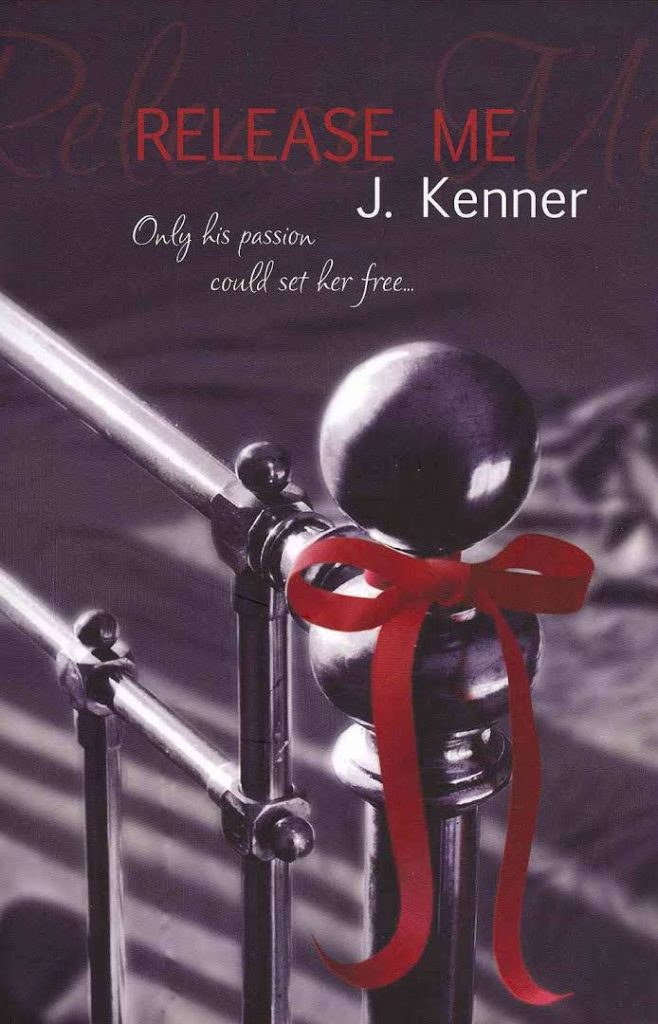

In last year’s Dangerous Books for Girls, romance novelist Maya Rodale argues that historically, romance has made people nervous because it encouraged women’s pleasure – not least sexual pleasure.” There were genuine concerns that women would develop unrealistic expectations about their lives by reading fiction,” she writes. Hawthorne famously characterised female authors as “damn mobs of scribbling women” while Jane Austen declared of (female romance) novelists: “Although our productions have afforded more extensive and unaffected pleasure than those of any other literary corporation in the world, no species of composition has been so much decried.”

It’s long been seen as a fairly trivial cultural enterprise.”Īnything associated with women’s pleasures, aesthetic or sexual, has long generated anxiety and scandalous murmurs. Within the humanities, popular culture is seen as especially unimportant – and then: “Within popular culture, popular romance is a particularly tempting target because it has to do with women, it has to do with sex. Why is romance such an easy target for politicians? Eric Selinger, a professor of English at DePaul University, and the academic adviser to the Popular Romance Project, pointed out that conservative politicians have been increasingly sceptical of funding for the humanities as a whole. The furore did in fact affect NEH funding, and the Popular Romance Project had to scale back their website – though with other funding they went on to hold a successful conference and help fund the critically lauded documentary Love Between the Covers. Funding for romance scholarship was presented as wasteful, frivolous, and unnecessary – a clear example of government overreach and inefficiency. “Federal government has spent nearly $1m on romance,” a Yahoo headline blared. In 20, conservative politicians and media raised a stink about NEH funding of the Popular Romance Project. This isn’t the first time legislators have ginned up outrage over the scholarly study of romance. The effort to leverage Fifty Shades of Grey for political point scoring has precedent, though. The hypocrisy is more or less expected just about everyone is more enthusiastic about free speech for folks they agree with than for folks they don’t.

And then to show how much they care about free speech, the legislators declare, “Our constituents have expressed outrage at the fact she is using taxpayer dollars to conduct research on Fifty Shades of Grey, Lady Gaga and Twilight.” Free speech means only researching things that the government approves, apparently.


 0 kommentar(er)
0 kommentar(er)
